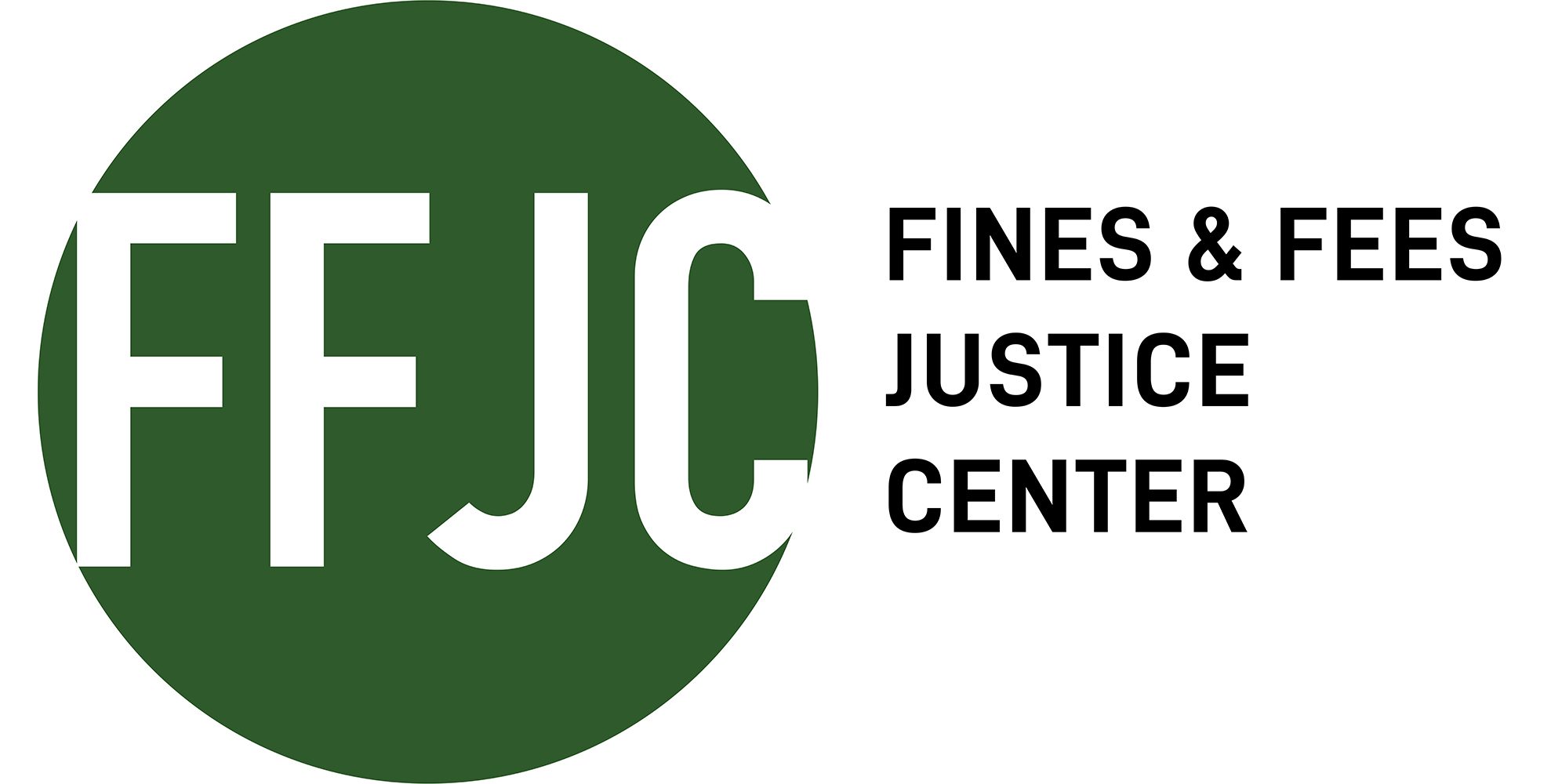The fees and surcharges on a typical $100 misdemeanor increased from $52 in 1984 to $479 in 2018.
Wisconsin’s use of legal financial obligations (LFOs) as a revenue mechanism is a long-established practice. The state enacted its first surcharge in 1977, and the number has grown significantly since. This report documents the collection practices for fines, forfeitures, surcharges, fees, and costs and compliance rates in Wisconsin’s circuit courts. The authors used three sources to compile data: a survey of judges, judicial officers, and court staff; semi-structured interviews; and receipts from criminal and forfeiture cases disposed of in circuit courts between 2010 and 2016. The report also provides policy recommendations to improve fairness in the collection of LFOs in Wisconsin circuit courts.
You can read the full text here.
Key Findings:
- From 1987 to 2017, the number of surcharges enacted increased from 9 to 35; the circuit court collected $93.2 million in CY 2017.
- Revenue from surcharges is shared by the state, counties, and court systems; most of the growth in revenue over the decades goes to the state general fund and state agencies.
- Judicial officers interviewed believe LFOs are often too high in comparison to defendants’ ability to pay.
- Survey results suggest municipal court staff at all levels believe their courts implemented practices designed to assist defendants in paying LFOs fairly and effectively.
- Defendants’ payment rates decreased as the amount assessed increased; traffic forfeitures had a 67 percent repayment rate with an average of $184 assessed, compared to felony cases with an 11 percent payment rate with an average of $4,280 assessed.
- 37 of the 57 counties in Wisconsin use incarceration as a sanction for nonpayment.
- In counties with high suspension rates of driver’s licenses for nonpayment, repayment rates are lower.
Recommendations:
- Halt the creation of additional court fees.
- Improve and increase community service options to provide more sentencing options.
- Develop an ability-to-pay calculator to help court officials make a more reasoned determination of an individual’s ability to pay.
- Reduce the use of driver’s license suspension as an LFO enforcement mechanism.
- Exhaust all enforcement options before using incarceration for failure to pay.
